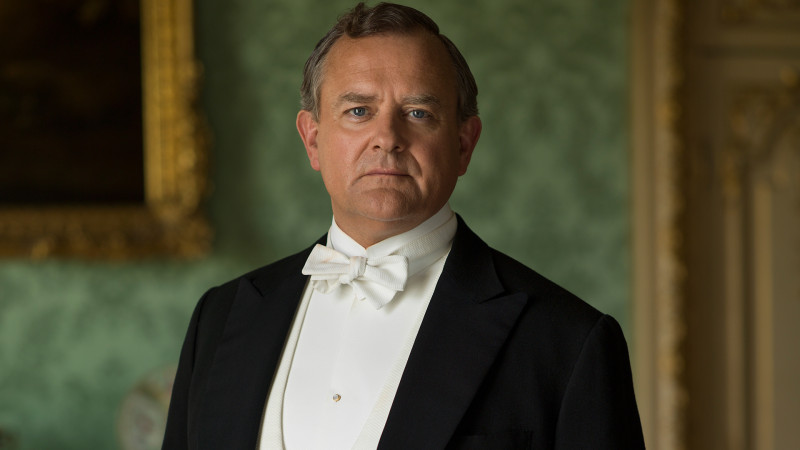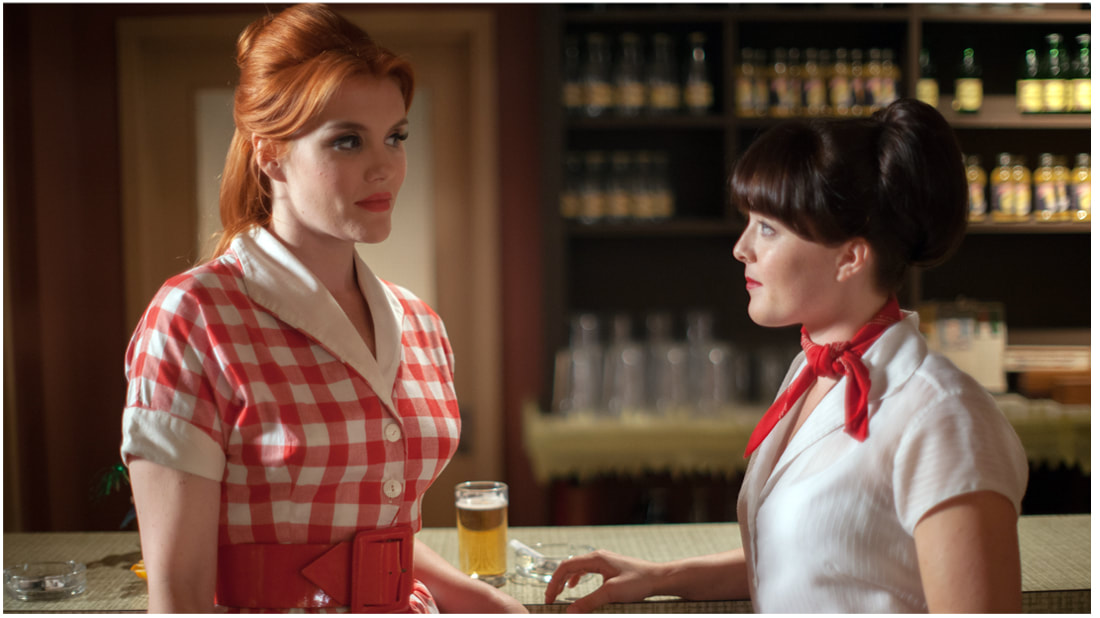Hugh Bonneville as Robert Crawley, Seventh Earl of Grantham in the hit British Broadcasting Union show
The Crawleys of Downton. The series tells the story of an aristocratic family from the fictional Downton Abbey in Yorkshire, and their lives before, during and after the First
Weltkrieg, the Revolution and the Second American Civil War/Second
Weltkrieg. The show was interestingly even-handed on the subject of the pre-Revolution aristocracy, showing Lord Grantham in particular as being a largely-decent man who truly cared for his tenants and did his utmost to ensure they had good lives, his main flaw being an inability to truly comprehend that Syndicalism, so different from the system under which he had grown up, could truly work. Ultimately, Lord Grantham is shown as being in many ways a victim of the class system, with it being a sense of extremely reluctant duty to that system that leads him to conclude his arc by joining a monarchist group, trying to help smuggle Canadian spies into Britain and ultimately being caught and shot. Most viewers would feel strong sympathy for the character, seeing him ultimately as a man out of time rather than an evildoer.
Michelle Dockery as Lady Mary Crawley, a major antagonist figure in later seasons of
The Crawleys of Downton. Her major arc was her establishing herself in Canadian Exile society and working to assist the promotion of politicians such as Winston Churchill and others. While she was an antagonist, the show continued to be even-handed with her, showing how even as she treated others with increasing cruelty, she remained kind to the family butler Carson who had followed the family into exile, and struggled with depression and a growing drug addiction. Even viewers who loved to hate the character admitted to feeling sympathy in her final episode: when taken prisoner by American forces following the attempted Canadian invasion of 1938, after delivering a vicious rant against Syndicalism she was shown breaking down crying and repeating 'I just want to go home...'
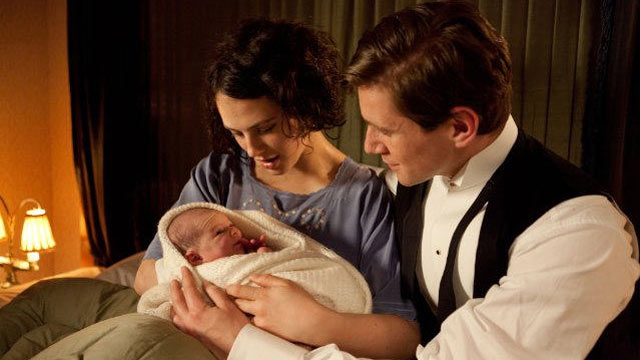
Jessica Brown Findlay and Allen Leech as Sybil Branson, née Crawley, and Tom Branson. The main protagonist characters of the piece, viewers were particularly fond of their arc, going from a forbidden romance between aristocrat and servant to marriage and new life within the Union of Britain. Sybil's arc was seen as especially satisfying, with her desire for a more meaningful life than that of an aristocratic woman being ultimately met through a new career as a social worker and eventually her election as a senior member of the TUC. Tom's initial arc, as a former Irish Republican who becomes passionately involved with British Syndicalism, met with mixed reviews though his later arc - initially enthused by Oswald Mosely's rhetoric, but ultimately aiding in preventing the would-be tyrant from taking power - was much better received.
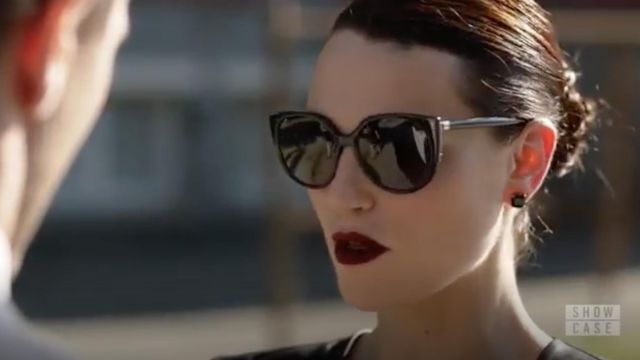
Katie McGrath as Eileen Branson, daughter of Tom and Sybil Branson. A major protagonist character in later seasons, Eileen's arc - her working to become a pilot with the Republican Air Force and her war record in the Second
Weltkrieg, her relationship with the character of Anne-Marie Gold (played by Melissa Benoist from the Commonwealth of America) - together with her general fearlessness and outspoken nature led to the character becoming a beloved figure among younger female viewers across the Internationale.
